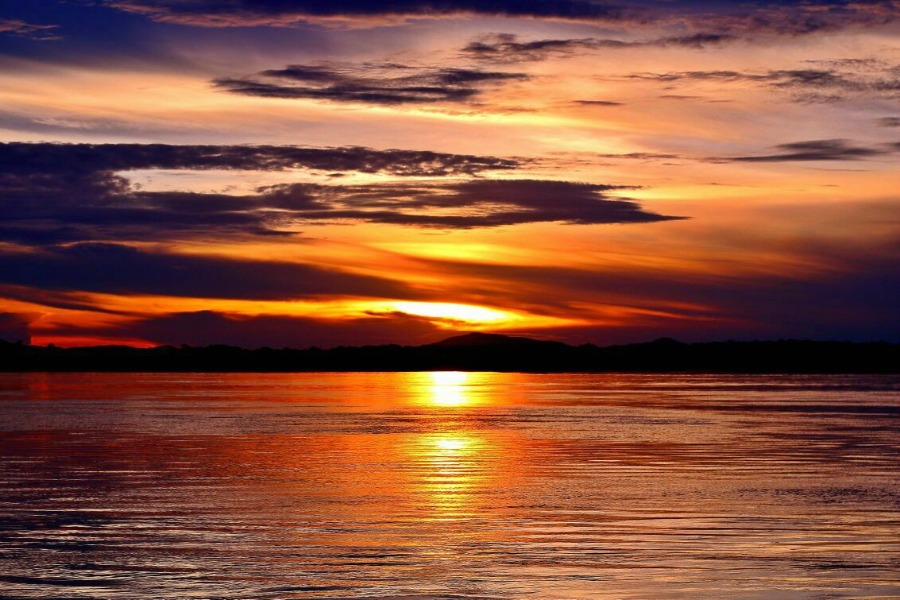
Bananal Island
18-02-2021
The Bananal Island located in the Brazilian State of Tocantins close to the borders with the states of Goiás, Mato Grosso and Pará is bounded by the Araguaia and Javaés rivers and considered the largest river island in the world, with approximately twenty thousand square kilometers (1.916.225 hectares). Brazilian environmental reserve since 1959, it is one of the most important Brazilian ecological sanctuaries, considered a Biosphere Reserve by UNESCO since 1993 and one of the wetlands of international importance classified by the Ramsar Convention.
Being in the transition strip between the Amazon rainforest and the cerrado, the island has a remarkably diverse fauna and flora, housing jaguars, sucuaranas, crows, deer, wild dogs, anteaters, armadillos, boto, uirapurus, herons and Amazonian turtles. In the flooded areas, rheas, partridges, herons, curiacas, spoonbills, irerês and curassows abound. In the flora stand out several genera of terrestrial orchids, maçaranduba, piassava and canjerana. The fields predominate In the vegetation, known in the region by the name of varjões. The cerrado, the transitional dry forest, the riparian forests of igapó, vegetation of dry slopes and vegetation of sand banks also appear. The semi-humid hot tropical climate prevails with maximum temperatures of 38 ° C in the months of August to September and minimum of 22 ° C in July. During the months of January to March the Araguaia River floods part of the island.
In addition to the Araguaia National Park, the island of Bananal has sheltered Indians nations since before the discovery of Brazil, which today represent about fifteen villages located in the Indigenous lands Parque do Araguaia, Inãwébohona and Utaria Wyhyna / Iròdu Iràna belonging to the tribes of the Carajás, Javaés, Tapirapés, Tuxás and Avá-Canoeiros, a small group from the interior of the immense forest located in the north-central part of the island, who reject any kind of contact with civilization.
Foto: Edy César dos Passos, CC BY-SA 4.0